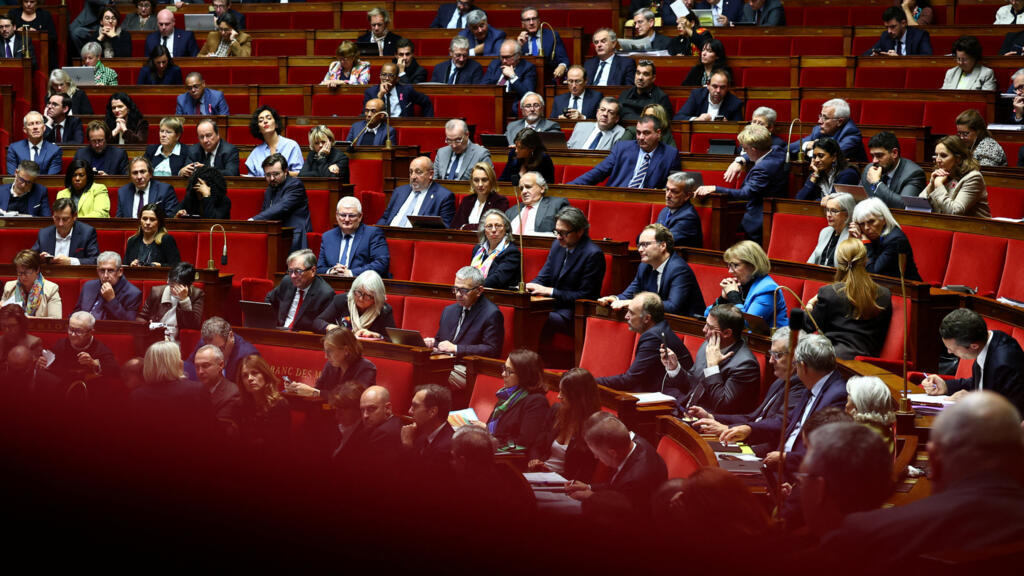
As France's parliament enters the final days of trying to agree on a belt-tightening budget for 2026, lawmakers are voting Friday on a wealth tax that left-wingers say will help reduce the country’s €44 billion debt pile and budget deficit. The government, meanwhile, is defending an alternative to such a broad levy on the ultra-rich.
Tensions in France's already deeply divided parliament have further crystallised over how to tax its wealthiest citizens.
Left-wing lawmakers want a 2 percent tax (known as the "Zucman tax") on individuals whose total assets – including real estate, salary, professional and financial assets – exceed €100 million.
Crafted by French economist Gabriel Zucman, he says it would apply to around 1,800 households and could generate 15-20 billion euros a year.
Above all, it would ensure the ultra-rich pay at least as much, proportionally, as average earners.
Currently, the average French household pays around 50 percent of its income to the state, through income tax, social charges and VAT. Billionaires pay an average of 27 percent, thanks in part to various forms of fiscal optimisation.
The tax was approved by MPs in February, but the conservative-dominated Senate threw it out in June.
French government faces threat of censure over wealth tax
Privileging the economy
Polls suggest the tax is hugely popular with the general public, so it's returned to parliament for debate as the government scrambles for ways to raise revenue to reduce the deficit.
However, the government is wary that such a broad tax could hurt French firms, deter investment and destroy jobs.
Prime Minister Sébastien Lecornu has therefore proposed a 2 percent levy on assets in holding companies not used for business purposes.
The tax, which would raise no more than 1 billion euros, would target taxpayers' personal assets held in some 4,000 holding companies that serve no economic purpose other than to reduce their tax bill, Budget Minister Amelie de Montchalin said.
"Our aim is not to achieve tax justice at the expense of the economy," Montchalin told lawmakers during the debate.
Would tax hikes for the wealthiest really drive them to flee France?
'Tax justice'
The government has to get the 2026 budget bill passed by lawmakers before next Tuesday.
Lecornu does not have a majority and is reliant on support from Socialist lawmakers to get the budget passed and the government to survive potential votes of no confidence.
Socialist lawmakers have acknowledged that the Zucman tax will likely fail to get approved after its rejection by the Finance Committee last week. Conservative Republicans and the far-right National Rally have also refused to back it.
The socialists have therefore introduced a lighter, alternative version – a 3 percent tax on assets of more than €10 million, while excluding innovative companies and family companies.
"We are not calling for dispossession or confiscation, we are demanding tax justice," Socialist lawmaker Boris Vallaud said ahead of the vote, which is expected late Friday afternoon.
France targets the rich with temporary tax hikes to bring down debt
The final shape of the tax could still change when the budget bill reaches the Senate in the coming weeks, though the lower house will have the final say.
The legislation will also face scrutiny from the constitutional court, which has previously struck down tax laws it deemed confiscatory.
(with newswires)







